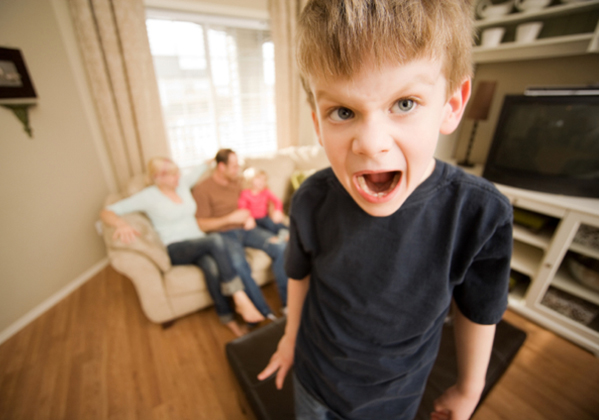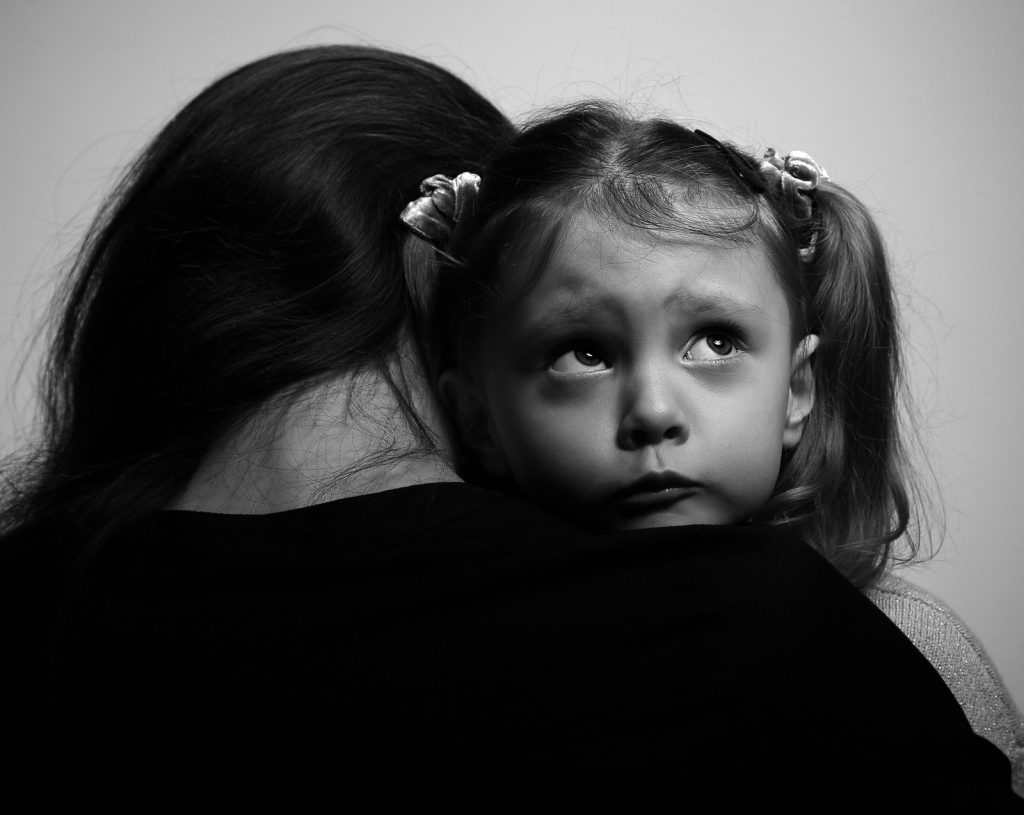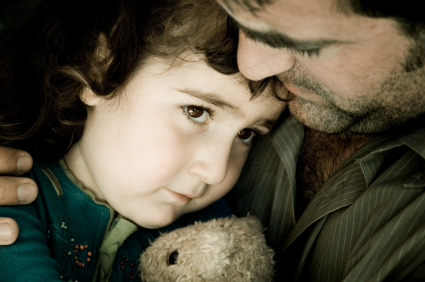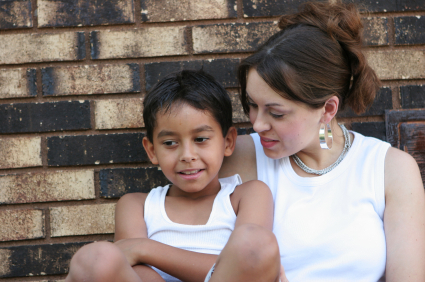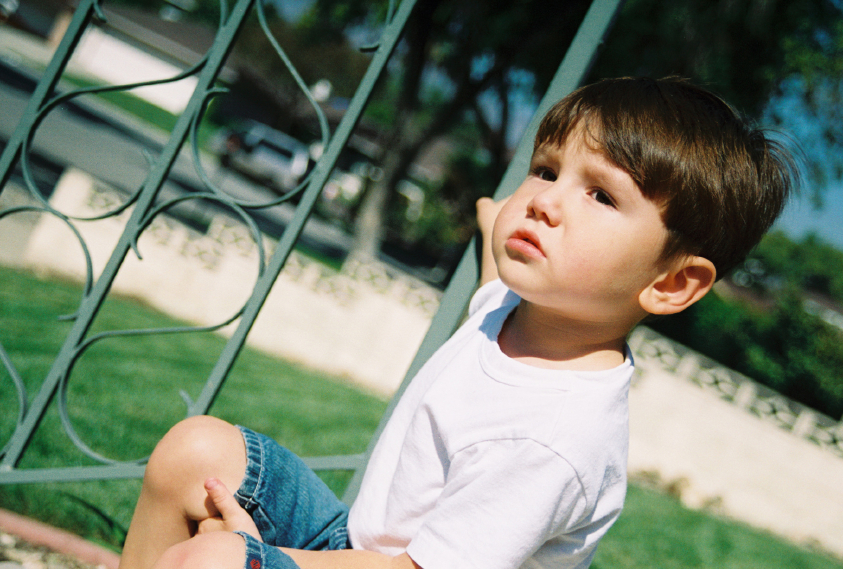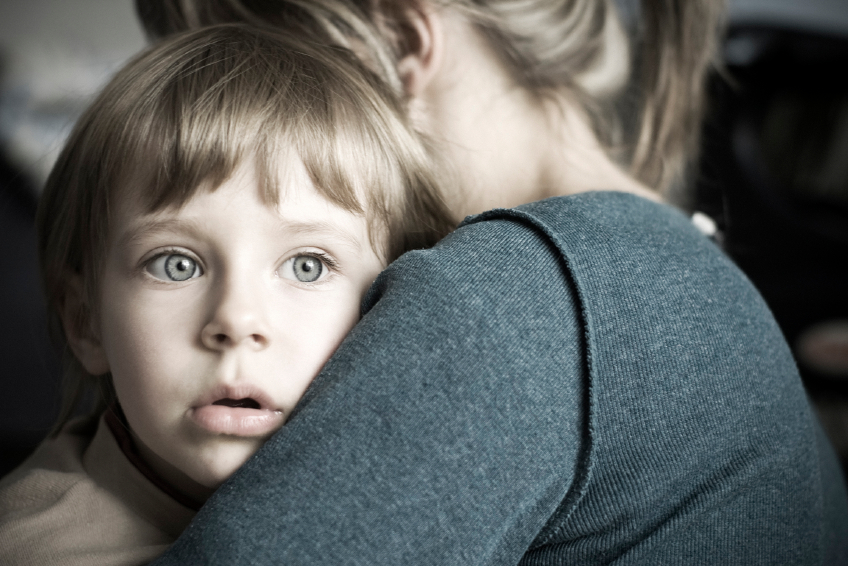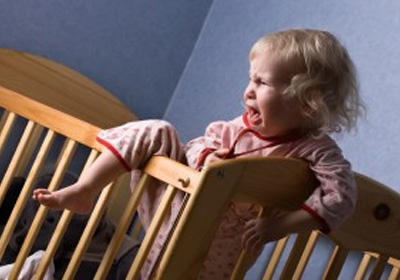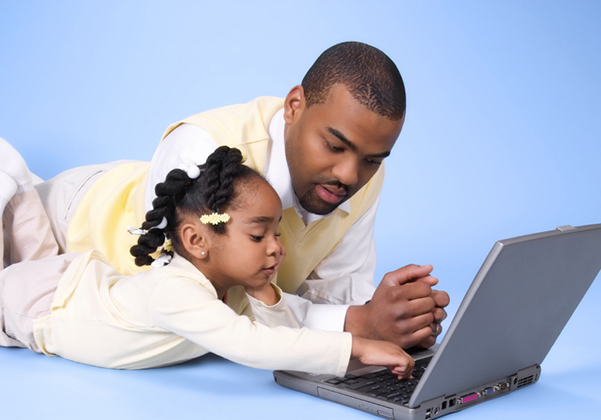Nerf Guns – What Are We Afraid of? by Debra Kessler, Psy.D.
…that are available when they are overwhelmed by their distress. So what do Nerf guns have to do with this? There seems to be a belief that if we keep our children away from objects that express anger in violent or destructive ways, such as Nerf guns, our children won’t grow up to be violent or destructive. While this may seem logical, it assumes that our children are the sum total of what they are allowed/not allowed to do and dismisses the fact t…
Learn More